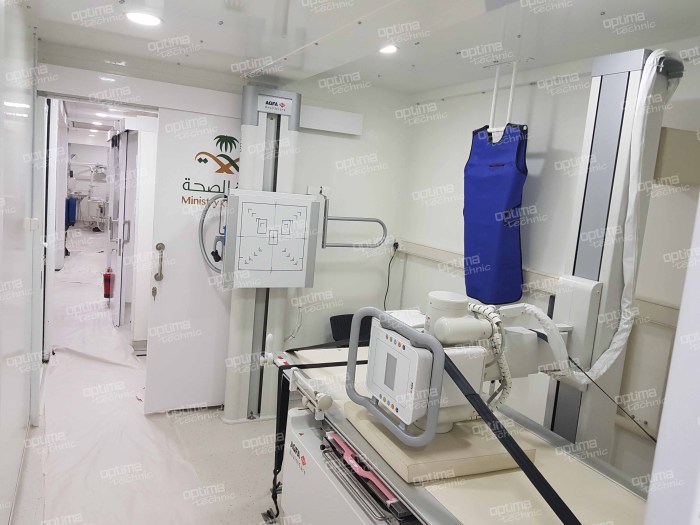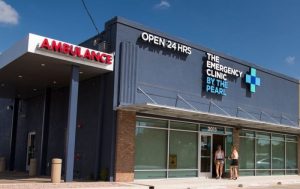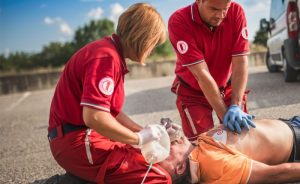
With Mobile Emergency Care Services at the forefront, this paragraph opens a window to an amazing start and intrigue, inviting readers to embark on a storytelling casual formal language style filled with unexpected twists and insights.
Mobile Emergency Care Services play a vital role in reaching those in need of urgent medical attention, especially in remote or rural areas where traditional healthcare services may be limited. By bringing emergency care directly to the patient, these services save lives and provide immediate assistance during critical situations. Let’s delve deeper into the world of mobile emergency care and explore its impact on healthcare delivery.
Mobile Emergency Care Services

Mobile Emergency Care Services refer to medical services that are provided on-site or on the go to individuals in need of urgent medical attention. These services are essential in ensuring timely and efficient medical care to those experiencing emergencies.
Organizations Offering Mobile Emergency Care Services
- EMS agencies such as American Medical Response (AMR)
- Fire departments with paramedic services
- Private ambulance companies
Importance in Remote or Rural Areas
Mobile Emergency Care Services play a crucial role in remote or rural areas where access to traditional medical facilities may be limited. These services help bridge the gap in healthcare accessibility for individuals living in areas far from hospitals or clinics.
Types of Medical Emergencies Responded To
- Cardiac emergencies such as heart attacks
- Traumatic injuries from accidents or falls
- Respiratory emergencies like asthma attacks or difficulty breathing
- Stroke symptoms requiring immediate intervention
Emergency Care

Emergency care is a crucial component of the healthcare system that provides immediate medical attention to individuals facing life-threatening situations or serious injuries. It plays a vital role in saving lives, preventing further complications, and ensuring timely treatment for critical conditions.
Difference Between Emergency Care and Urgent Care
Emergency care is designed for situations where a delay in treatment could result in serious harm or death, such as heart attacks, strokes, severe injuries, or other life-threatening conditions. Urgent care, on the other hand, addresses non-life-threatening issues that require prompt attention but are not considered emergencies, like minor fractures, infections, or flu symptoms.
Typical Components of Emergency Care Services
- Triage to assess the severity of patients’ conditions and prioritize treatment.
- Immediate medical intervention by trained professionals, including doctors, nurses, and paramedics.
- Diagnostic tests such as blood work, imaging scans, and X-rays to determine the cause of the emergency.
- Emergency procedures like CPR, intubation, wound care, and stabilizing patients for transfer to specialized facilities if needed.
- Follow-up care and coordination with other healthcare providers to ensure continuity of treatment.
Challenges and Benefits of Providing Emergency Care
Providing emergency care comes with challenges such as overcrowding in emergency departments, limited resources, and high-stress environments for healthcare providers. However, the benefits include rapid response to critical situations, timely treatment for life-threatening conditions, and the ability to save lives in emergencies where every minute counts.
In conclusion, Mobile Emergency Care Services bridge the gap between patients in need and timely medical assistance, ensuring that help is always within reach. By understanding the importance and scope of these services, we can appreciate the valuable role they play in emergency healthcare. As technology and innovation continue to advance, the future of mobile emergency care holds promising possibilities for enhancing medical response and saving lives.
Frequently Asked Questions
What types of medical emergencies can mobile emergency care services respond to?
Mobile emergency care services can effectively respond to a wide range of medical emergencies such as cardiac arrests, severe injuries, respiratory distress, and other life-threatening conditions.
How do mobile emergency care services differ from urgent care facilities?
While urgent care facilities provide non-life-threatening medical services on a walk-in basis, mobile emergency care services focus on delivering critical care directly to patients facing urgent and life-threatening situations.
Are mobile emergency care services available in rural areas?
Yes, mobile emergency care services are particularly crucial in rural areas where access to traditional healthcare facilities may be limited. These services ensure that residents in remote locations receive timely medical assistance during emergencies.





